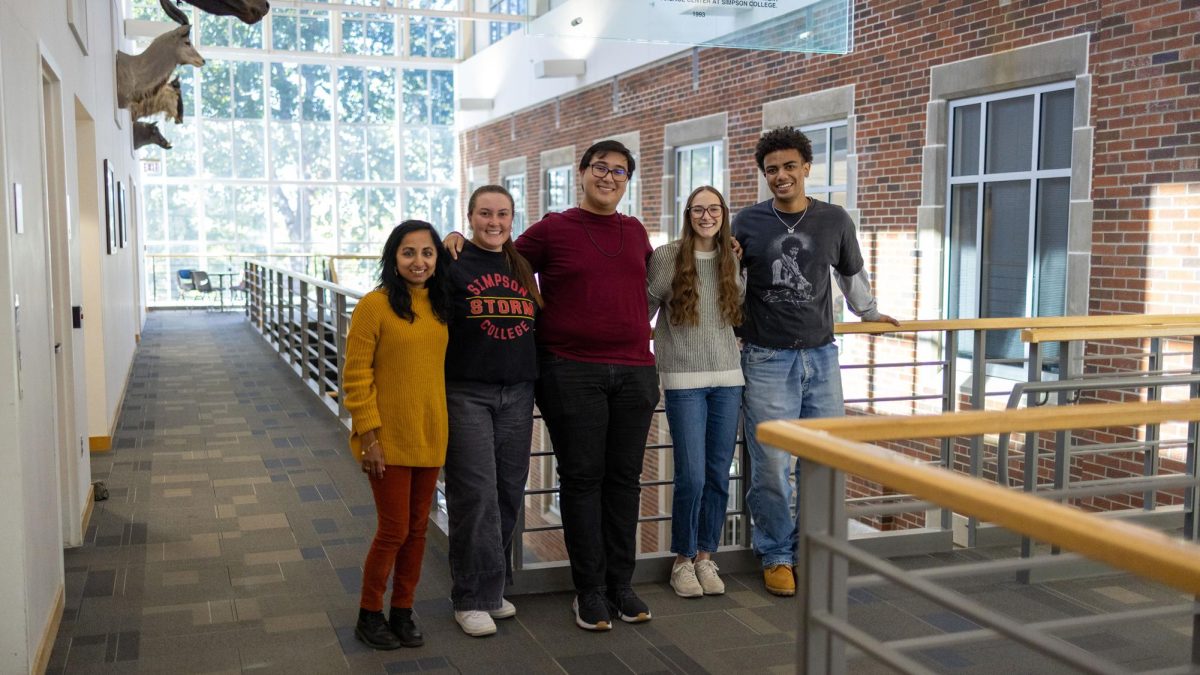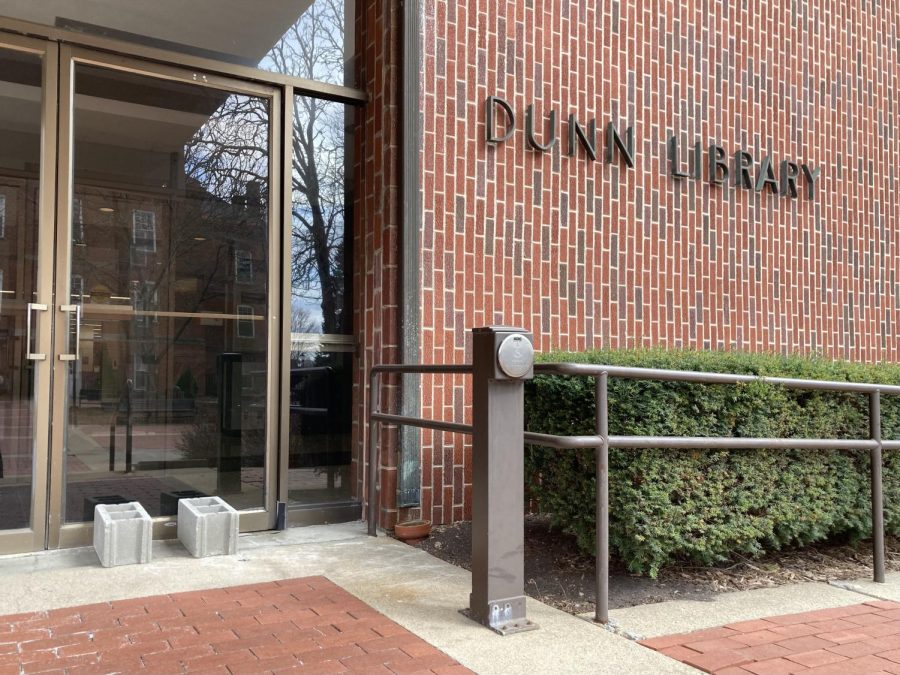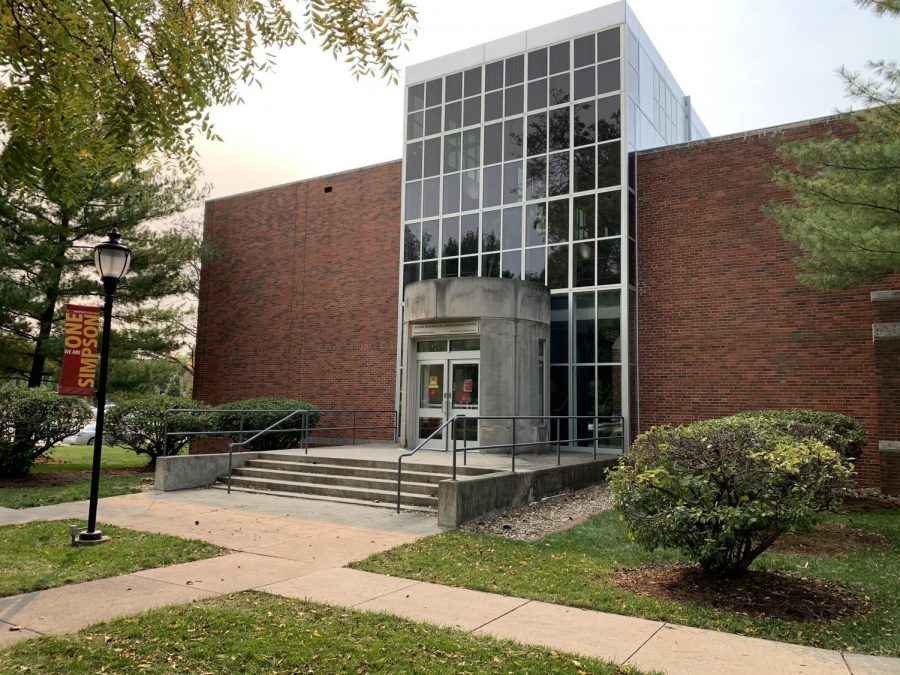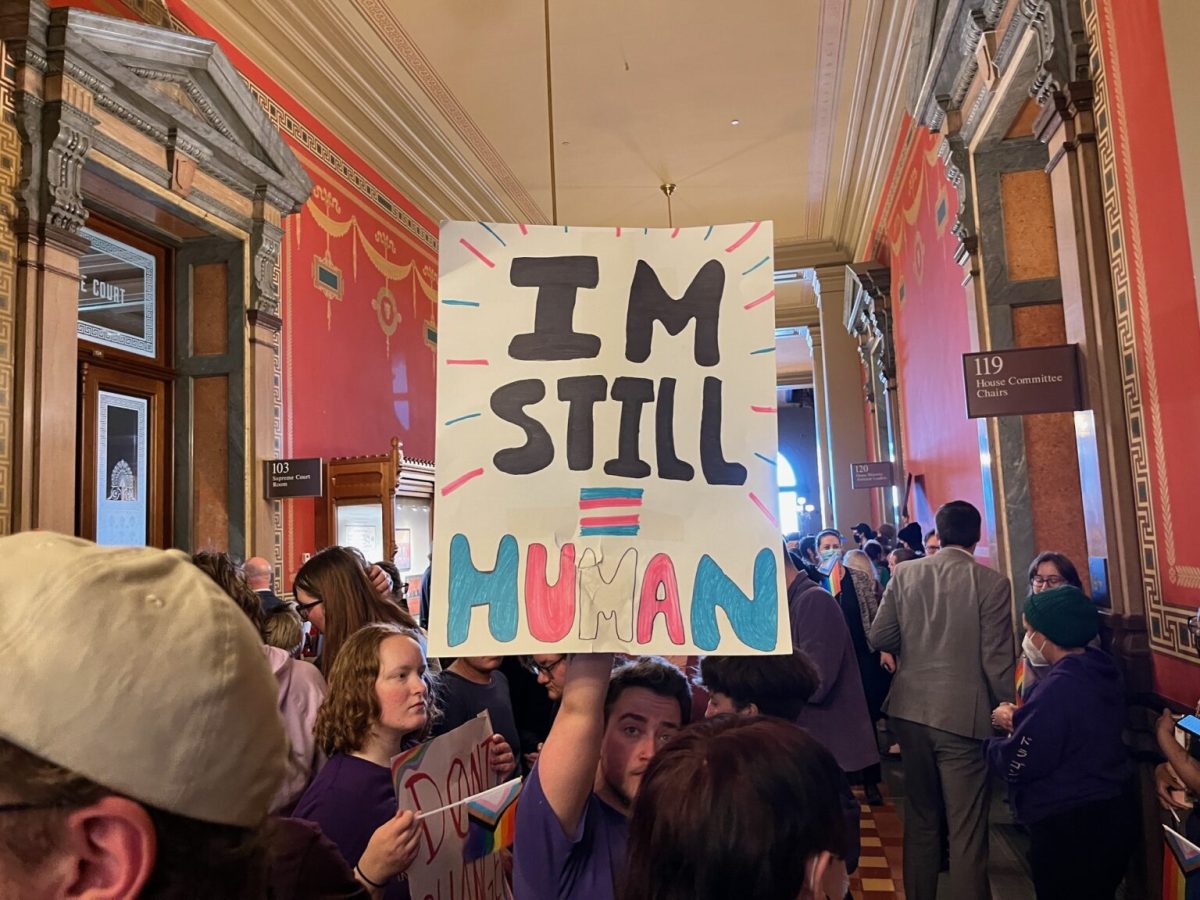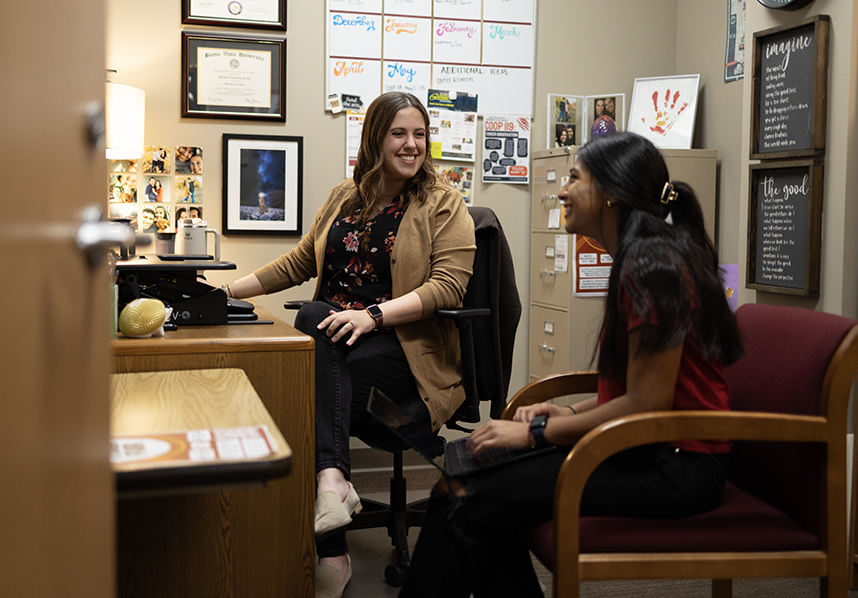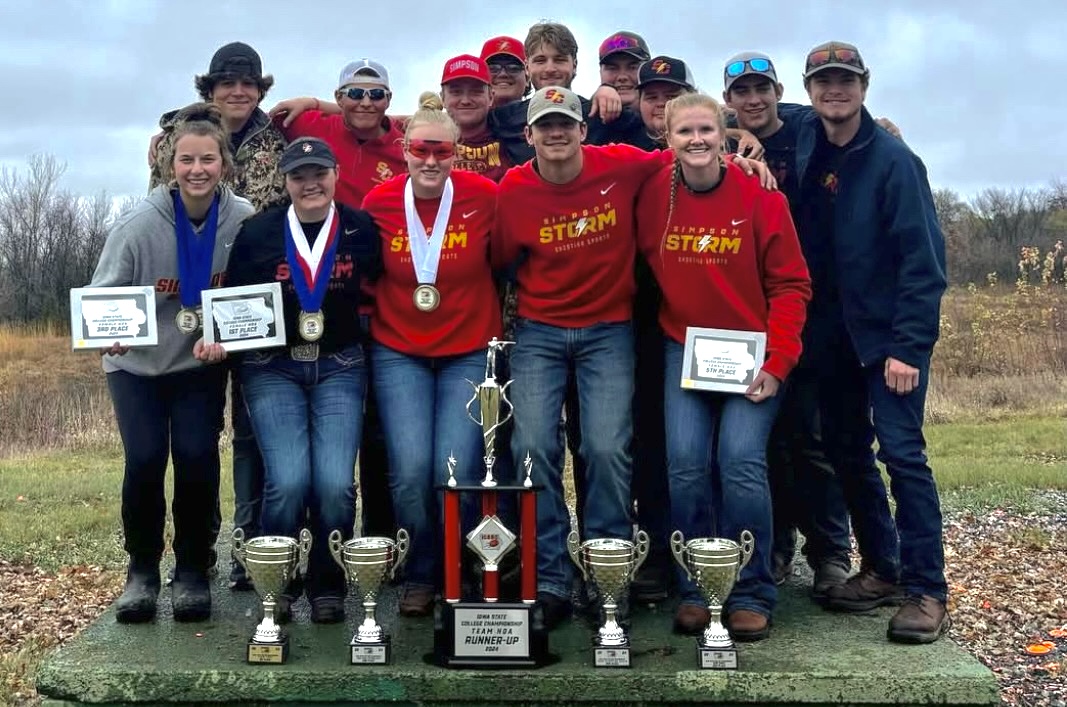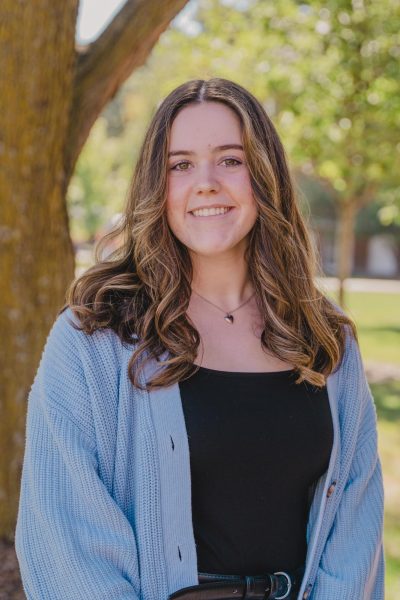Simpson College’s Dr. Aswati Subramanian, Associate Professor of Biology and Environmental Science, has been awarded a prestigious $30,600 Iowa NASA Research Seed grant.
The grant comes through the Established Programs to Stimulate Competitive Research (EPSCoR), which supports NASA-relevant science and engineering research in states that traditionally receive less federal funding, such as Iowa.
For Dr. Subramanian, this grant will help her pursue a space biology project during her sabbatical in the spring of 2025, in collaboration with students and scientists at the Kennedy Space Center.
“What we want to do is use my model organism, Tetrahymena, to study how gravitational forces impact the different structures within the cell,” Subramanian said.
Tetrahymena serves as a model to better understand how gravity affects similar cells in the human respiratory system. The research could have direct implications for space exploration and astronaut health.
The students collaborating with her, Layna Depping, Sam Derning, Paul Llamas and Maddy Streicher, are playing an integral role in the project. They are organizing the experimental design and preparing for their first trials, which will examine how gravity affects cell division and feeding behaviors in Tetrahymena.
“I’m excited to explore a topic that we don’t learn much about in lectures, but can be instrumental in providing insight into how organisms are affected by gravity,” Depping said.
Their enthusiasm for the project reflects the unique opportunity to engage with research that pushes the boundaries of what they learn in the classroom.
“I am excited to learn about how traveling in space and living on other planets can affect our cells that are used to Earth’s conditions,” Llamas said. “I want to know what side effects space exploration can leave, and from there, we can create mechanisms to alleviate or even negate them.”
Currently, Streicher says “There are also supplies to be ordered, protocols to be written, and background knowledge to acquire. We usually meet as a group a couple times a week and try to divide the work as evenly as possible.”
Despite the short notice, Dr. Subramanian eagerly embraced the challenge of writing the proposal, which was finalized in just under two weeks.
Student Body Vice President Ilianna Murphy and math major Kayla Jensen were involved in writing the grant and helped with the budget and administrative processes. They applied for the grant through the Iowa Research Administration Student Experience (I-RAISE) program, which aims to give undergraduates experience in research administration.
“The goal of the programs is to have undergraduate students learn about what research administration is, how to do it and why it’s an important part of the grant process,” Jensen said.
This speaks to the broader vision of the project which exposes students to real-world applications of science and research management.
This grant underscores the importance of external funding for Simpson. Many programs on campus are funded by grants, including FEMA for security measures in buildings and programs like Upward Bound and TRIO.
“We had to input that data to make sure we were showing the diversity, equity, inclusion and what the broader impacts would be and then we also did the impact on Iowa,” Murphy said. “We were bringing more representation in Iowa, and in general.”
In addition to the involvement of Murphy and Jensen, Dr. Subramanian received support from Marzia Corni-Benson, Grant Programs Officer, and Luke Behaunek, Director of Institutional Effectiveness. Corni-Benson was significant in spearheading the application process, while Behaunek provided important institutional data.
Subramanian acknowledged this collective effort, saying, “A lot of coordination happened with applying for the grant and winning it.”
Collaboration with Dr. Christina Johnson, this past spring’s keynote speaker, and Richard Barker, astrobiology research scientist, experts in space biology and 3D printing, further elevates the project.

Barker’s company will print the hardware necessary to grow cells in microgravity, while Dr. Johnson contributes her expertise in conducting space biology experiments.
“There is so much that can be learned from them, not only in terms of their expertise in space science but also in their approach to innovation and collaboration regarding research,” Depping said.
Beyond the groundbreaking research, this project offers Simpson students a unique chance to gain hands-on experience in space biology, setting them up for future success.
“They’re the ones coming up with a lot of the ideas, and each one has their own skill sets. We all bring our own skill sets to the picture, I feel like there’s less of a hierarchy,” Subramanian said. “We are making a big impact, not just on our students, because they’re able to do work with NASA collaboration.”
The hands-on nature of the project will give students valuable experiences, problem-solving and critical thinking, Streicher commented.
“I also think when we do lab work, when we do research work, we make science more accessible,” Subramanian said.
The project opens doors for students to build connections in the space biology field and gain real-world experience that can lead to future opportunities. Findings from this research could be used in future space explorations.
“Space biology is not just something that’s done for the moon or in the International Space Station, ” Subramanian said.
During her sabbatical in 2025, Dr. Aswati Subramanian plans to continue her collaboration remotely with her students at Simpson College while conducting experiments at the Kennedy Space Center.
“NASA seems like an organization that is out of reach for young people that attend a tiny liberal arts college in the middle of Iowa,” Streicher said. “Luckily, we have professors like Dr. S here at Simpson who have the most amazing connections in the scientific community.”



